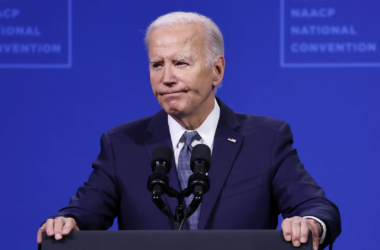In a recent development that has sparked controversy within the academic community, Dutch universities have vehemently criticized a proposal aimed at imposing a cap on the number of international students. The term ‘ridiculous’ has been used by university officials to describe the suggested limitation. This article explores the concerns raised by Dutch universities, the potential impact of such a cap, and the broader implications for the country’s higher education landscape.
The proposed measure to limit the enrollment of international students in Dutch universities has been met with strong resistance from academic institutions across the country. The term ‘ridiculous’ has been employed by university representatives, signaling a collective stance against what they perceive as a detrimental move that could undermine the diversity and global standing of Dutch higher education.
Dutch universities are vocal about their opposition to the proposed cap, citing several concerns. One major apprehension is the potential negative impact on the rich cultural and academic diversity that international students bring to campuses. Universities argue that a diverse student body enhances the overall educational experience, fostering cross-cultural understanding and preparing students for a globalized world.
Additionally, institutions express worries about the financial implications of such a cap. International students contribute significantly to the revenue of Dutch universities through tuition fees and related expenses. A limitation on their numbers could result in financial strain, affecting the quality of education and the ability of universities to invest in research and infrastructure.
Dutch universities have gained international acclaim for their high-quality education and research programs. The proposed cap raises concerns about the potential erosion of the country’s reputation as a welcoming and inclusive destination for students from around the world. Maintaining an open and globally connected academic environment has been a cornerstone of the Netherlands’ higher education strategy, and any restrictions may jeopardize this reputation.
While acknowledging the concerns about the potential negative impacts of an unlimited influx of international students, universities argue for a more nuanced and balanced approach. They emphasize the importance of implementing policies that address specific issues, such as housing shortages and integration challenges, without resorting to an across-the-board cap that could compromise the overall integrity of Dutch higher education.
International students contribute not only to the cultural richness of Dutch campuses but also to the local economy. They often become ambassadors for the Netherlands upon returning to their home countries, fostering international partnerships and collaborations. Restricting their numbers could have far-reaching consequences beyond the immediate confines of university campuses.
The proposed cap on international student numbers in Dutch universities has sparked a heated debate within the academic community. As universities vehemently oppose what they deem a ‘ridiculous’ proposal, the discussion goes beyond enrollment figures to encompass broader issues of diversity, financial sustainability, and the global standing of Dutch higher education. Striking a balance between addressing legitimate concerns and maintaining an open, inclusive academic environment will be crucial for shaping the future of higher education in the Netherlands.








